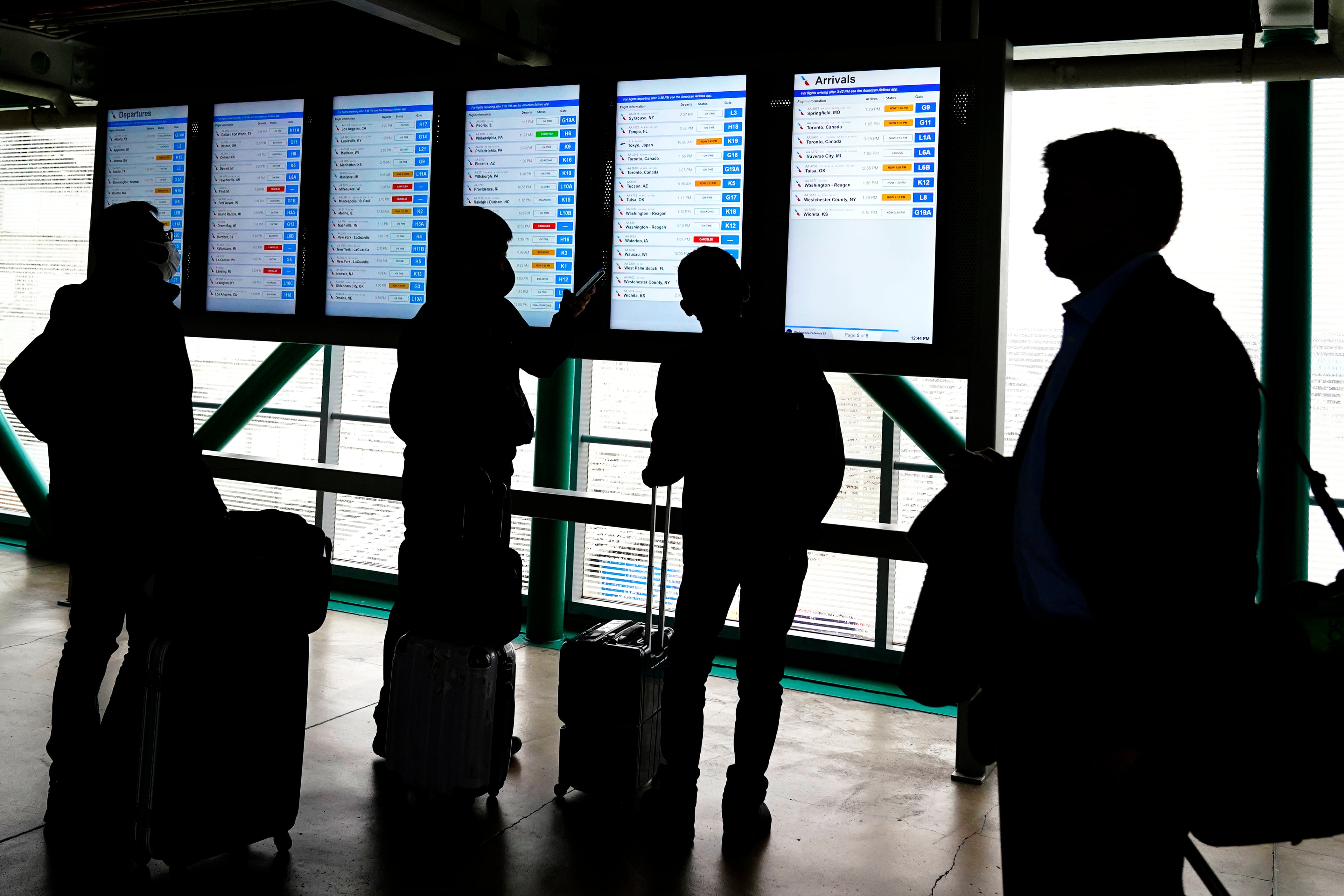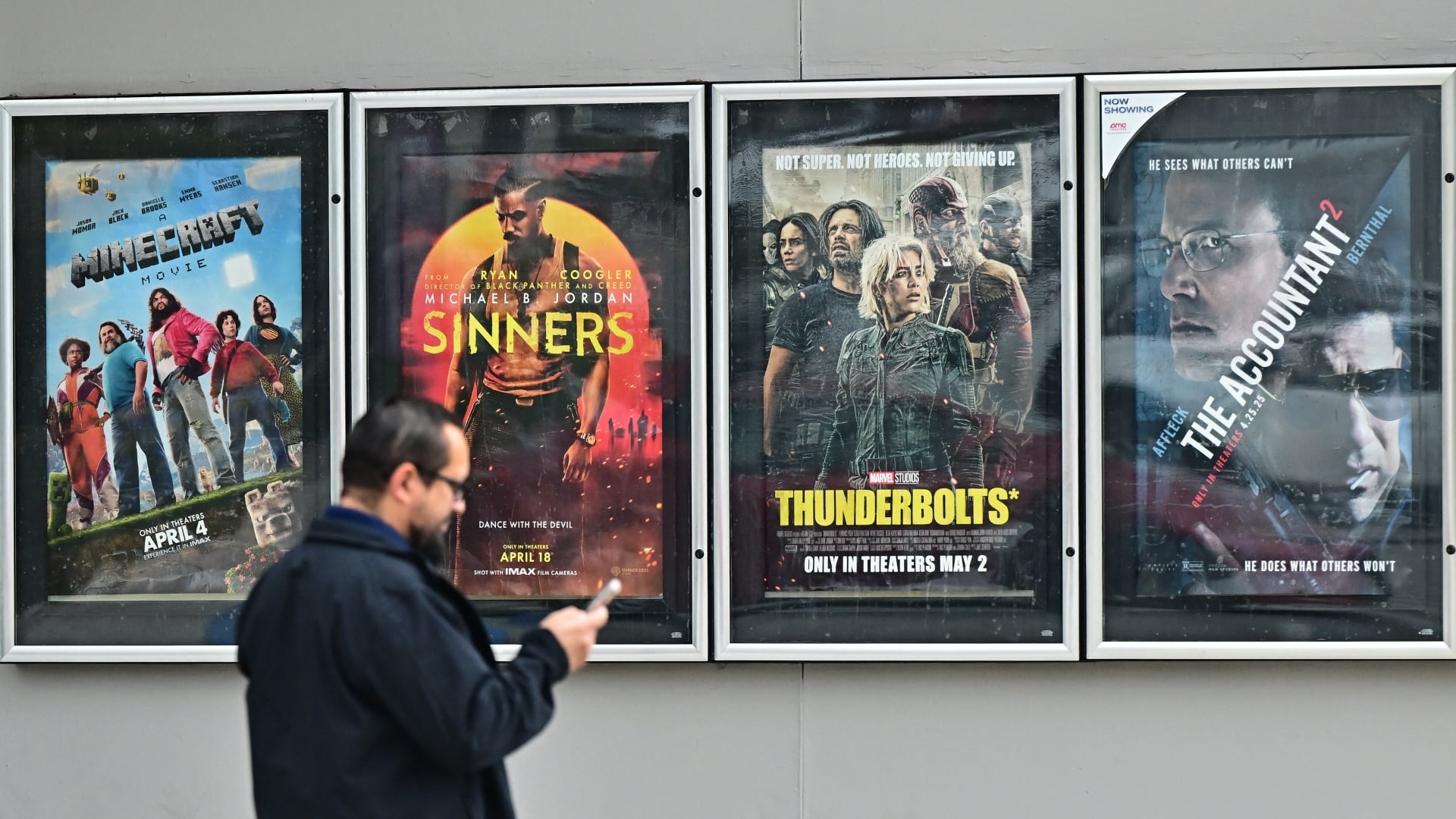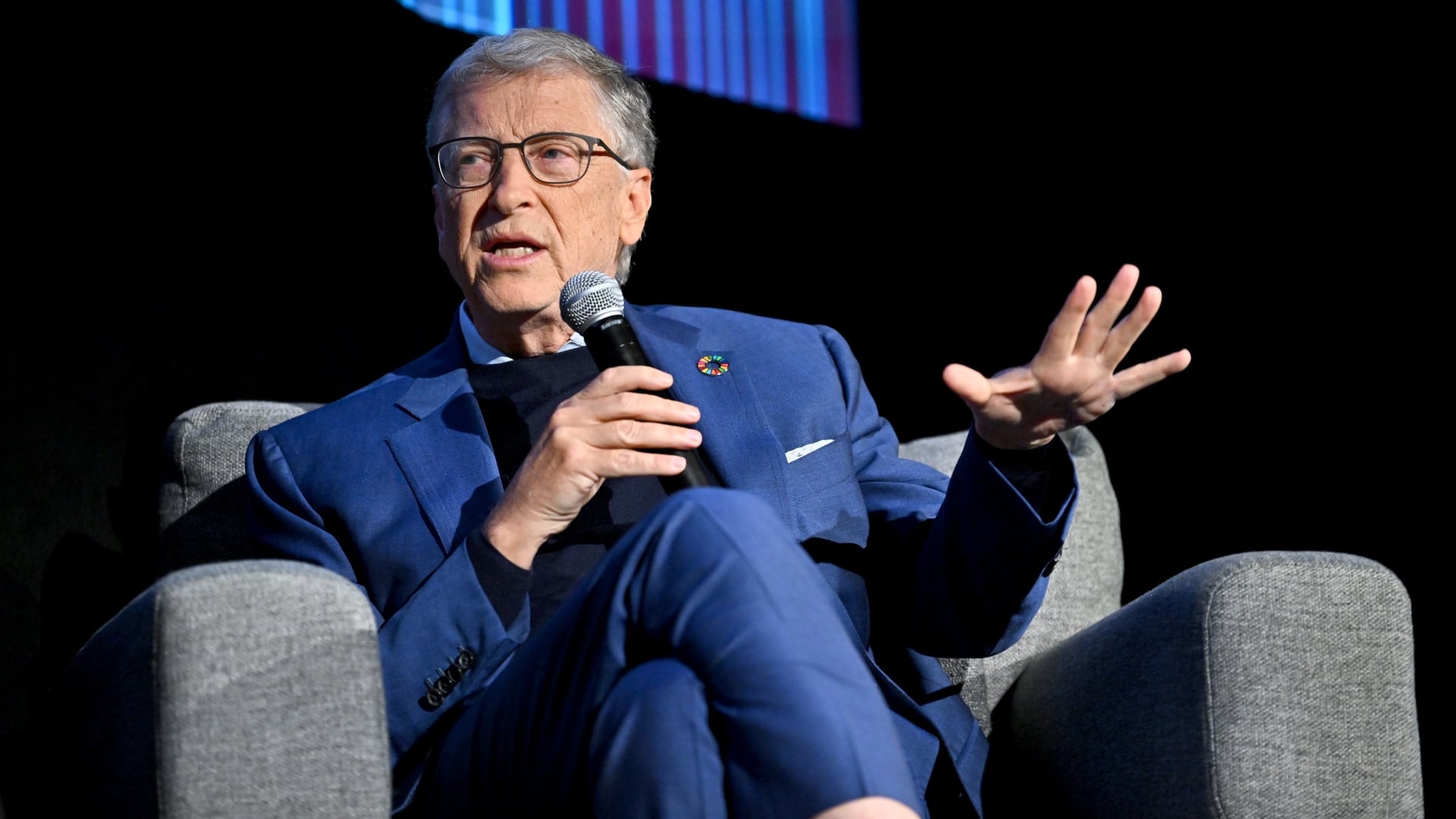From Wall Street to Silicon Valley, these are the top stories that moved markets and had investors, business leaders, and entrepreneurs talking this week on Cheddar.
Corporate Coronavirus Concerns
Apple ($AAPL) kicked off a fearsome week by warning investors that the coronavirus could impact both its production of iPhones and product demand in China. Walmart ($WMT) followed suit by noting that its own growth in China could take a hit as consumers there stayed home. Even A.P. Moller-Maersk, the largest shipping company in the world by capacity, warned its 2020 outlook could be hampered by the coronavirus (although it attributes a huge miss in quarterly earnings to a change in accounting standards). The week was capped off by a dire warning from Goldman Sachs ($GS) Chief Global Equities Strategist Peter Oppenheimer on Friday, who said: "the impact of Coronavirus on earnings may well be underestimated in current stock prices." His point: Market watchers looking to the 2003 SARS epidemic for reference might be mistaken ー China is now "six times bigger now than it was then."
Big Changes for Small Clients
Morgan Stanley is set to buy E-Trade in an all-stock deal worth $13 billion that could help the investment giant expand their reach with Main Street investors; the acquisition will add five million customers to Morgan Stanley's portfolio. It's a time of big change for the small investor. In November, brokerage firms almost uniformly dropped commission rates to zero, and Charles Schwab snapped up its rival TD Ameritrade for $26 billion to create a brokerage behemoth with more than $5 trillion in assets under management. Still, let's hope some of that deal money goes to IT infrastructure ーFidelity clients freaked out this week after a technical glitch temporarily "reduced" their account balances to zero.
Blue Apron Burns
Things might get messy for Blue Apron. The meal-kit pioneer said this week it's considering drastic options to turn around its fortunes, including the option of going private or selling the company or its assets. Unfortunately, that was just one step in a pretty bad week: the company is closing its facility in Arlington, Texas, and it posted a 33 percent decline in fourth-quarter revenue and a drop in its customer base. It might have been fighting for scraps from the beginning: the service targets novice cooks who don't have time to shop for all the ingredients ー but do have time to cook and clean up afterward. It's a small subset to begin with ー one made even smaller when the novices become more experienced ー and the time-constrained give up and switch to Seamless. "It's a good idea," points out Cheddar's Tim Stenovec. "But a good idea isn't enough for a successful business."
Turning Off Investors
L Brands no longer does it for investors. CEO Les Wexner announced he will step down from his leadership role and his empire will be torn into two: Sycamore Partners will take over lingerie brand Victoria's Secret in a $1.1 billion dollar deal ー a pittance for a brand once name-dropped in movies and considered the epitome of "sex sells." The global lingerie brand attracted criticism in recent years for being unable ー or perhaps unwilling ー to adapt to changing consumer tastes, diversifying the body types it promoted, and shifting its attitude and marketing to women. Wexner also recently took fire for his relationship with Jeffrey Epstein, the late, disgraced financier charged with sex trafficking. The L Brands founder was Epstein's only known client for decades, although he claims Epstein misappropriated money from him.
Bezos' $10 Billion Instagram Post
Jeff Bezos' billion-dollar climate change pledge picked up headlines ー but maybe not for the reasons the Amazon CEO had hoped for. His sudden pledge of $10 billion to combat climate change ー on Instagram, no less ー was as light on details as it was heavy on the green. Pundits immediately pummeled him from every possible angle: It's a fraction of his fortune. It's not enough to really make a dent. It's more than most organizations know what to do with. It gives him a massive tax break. It favors already well-endowed groups. It comes after a year of calls-to-action by Amazon employees. And it comes even as Amazon ($AMZN) serves oil and gas giants as customers. The saddest part? The Intelligencer points out it's still single-handedly more than what governments have put into the UN's Green Climate Fund ー combined.








